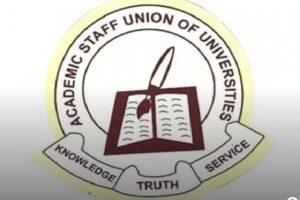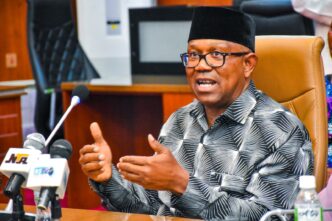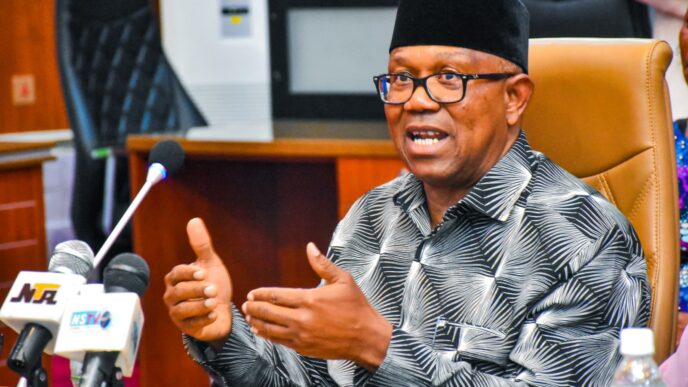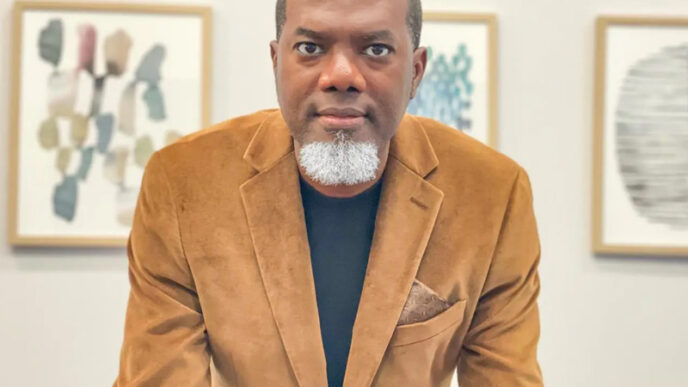The Academic Staff Union of Universities (ASUU) is set to hold congresses across campuses to decide its next steps, following nationwide protests that disrupted academic activities earlier this week.
This comes as the Federal Government prepares to meet today to deliberate on long-standing issues surrounding the renegotiated 2009 FGN-ASUU agreement, which has fueled repeated clashes between lecturers and government officials.
The outcome of the meeting is expected to shape the direction of Nigeria’s higher education sector in the coming months.
Despite the Tinubu administration’s release of ₦50 billion earlier this year to clear earned academic allowances, ASUU insists that this was only a partial measure.
The union continues to demand improved salaries, autonomy for universities, enhanced funding, and a review of laws guiding the National Universities Commission and the Joint Admissions and Matriculation Board.
According to government insiders, today’s meeting will include the Minister of Education, Dr. Tunji Alausa, the Minister of Labour and Employment, Muhammadu Maigari Dingyadi, and the National Salaries, Incomes and Wages Commission.
Discussions are expected to focus on harmonizing the Yayale Ahmed committee draft completed in 2024 with the 2009 agreement and the Nimi Briggs report.
The plan is to establish a timetable for signing and gradually implementing the renegotiated agreement while creating a legally binding framework that spreads the financial burden across the national budget.
However, ASUU president, Prof. Chris Piwuna, revealed that the union was not invited to the talks.
“We don’t have any meeting with the Federal Government tomorrow (today). It’s their meeting, we’re not involved. We have not received any invitation yet for a meeting with the Federal Government,” he clarified.
Piwuna stressed that ASUU members are running out of patience, as promises from successive governments have failed to translate into real improvements.
“I truly hope they will come up with something tangible. Our members are tired of words and no action,” he said.
He also emphasized that ASUU will operate strictly from the decision of its members.

“The protests are over, so we’ll go back to our members and ask them what is next, and we’ll do exactly what they want us to do as elected representatives,” he added.
Meanwhile, frustration continues to grow among lecturers over poor wages compared to the rising cost of living.
Professors, who earn between ₦525,010 and ₦633,333 monthly, often face financial strain, with some forced to reside in officers’ quarters or use student buses.
Graduate Assistants, the lowest-ranked academics, take home between ₦125,000 and ₦138,020.
Other categories include Assistant Lecturers earning up to ₦171,487, Lecturer II between ₦186,543 and ₦209,693, Lecturer I between ₦239,292 and ₦281,956, Senior Lecturers between ₦386,101 and ₦480,780, and Readers between ₦436,392 and ₦522,212.
As ASUU prepares for its internal congresses, the spotlight remains on today’s Federal Government meeting.
Many Nigerians are eager to see if the long-disputed 2009 agreement can finally be resolved, or if another round of strikes and protests lies ahead.












